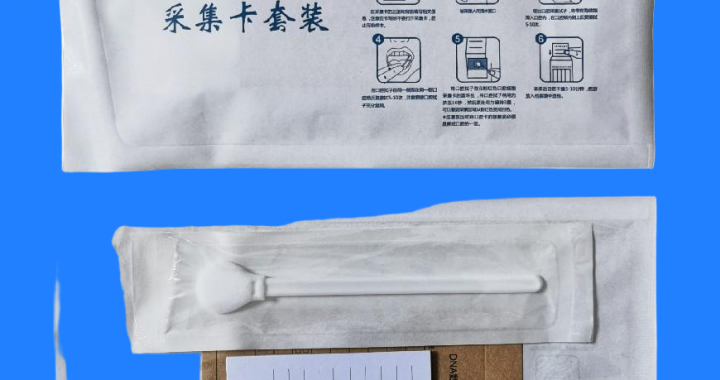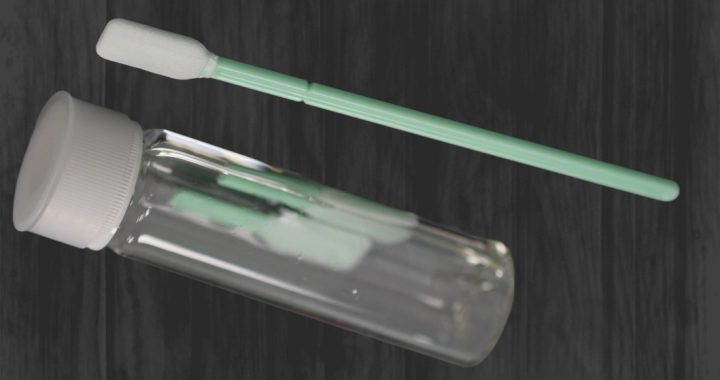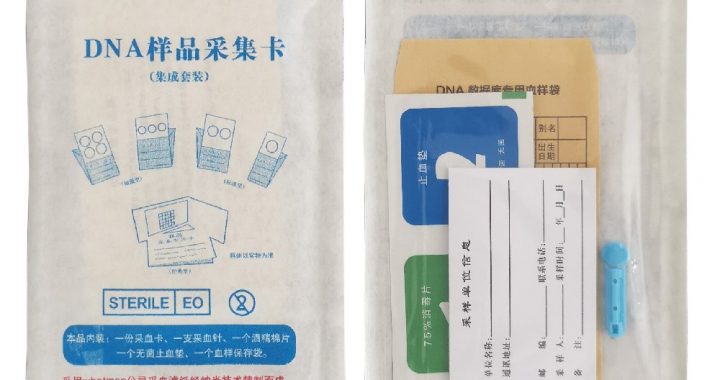Biological sample collection and preservation tubes are critical for maintaining sample integrity during transport and storage. These tubes are designed to prevent contamination, degradation, and DNA loss, ensuring high-quality results for subsequent analysis. They are widely used in forensic investigations, medical diagnostics, and genetic research. With features like tamper-proof seals, stabilizing additives, and airtight closures, these tubes ensure reliable long-term preservation. Whether for blood, saliva, or tissue samples, proper use of these tubes enhances the accuracy of PCR, sequencing, and genotyping.
Key Features:
-
Prevents contamination and DNA degradation
-
Tamper-proof seals for secure sample transport
-
Stabilizing additives for long-term preservation
-
Ideal for forensic, medical, and research applications
Application Scope:
-
Forensic evidence collection and storage
-
Clinical diagnostics and patient sample storage
-
Genetic research and epidemiological studies
-
DNA analysis and medical testing


-720x361.png)





